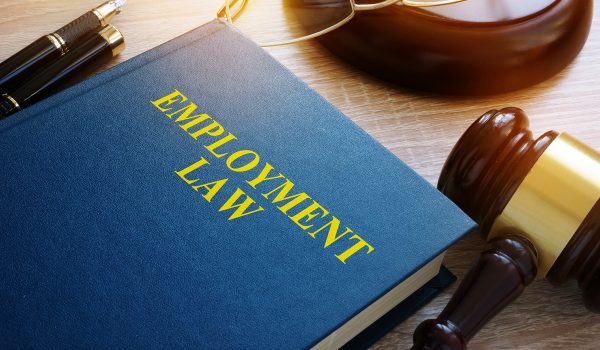The National Labor Relations Board (NLRB) recently modified its standard for dealing with abusive conduct and language in the workplace. For years, the NLRB permitted employees to make profane, harassing, and racist statements so long as those statements were made while discussing wages, hours, or other terms and conditions of employment (i.e. “protected” or “Section 7” activity).
The Board had applied three different standards for dealing with this type of employee conduct which added confusion. For outbursts to management in the workplace, it utilized the four-factor Atlantic Steel test which considered: (1) the place of the discussion; (2) the subject matter of the discussion; (3) the nature of the employee’s outburst; and (4) whether the outburst was, in any way, provoked by an employer’s unfair labor practice. For social media posts and most cases involving conversations among employees in the workplace, the NLRB examined the “totality of the circumstances”. Finally, for picket line conduct, it applied the Clear Pine Mouldings standard, which asks whether, under all of the circumstances, nonstrikers reasonably would have been coerced or intimidated by the abusive conduct.
In General Motors LLC, 369 NLRB No. 127 (2020), the Board held that cases dealing with offensive or abusive conduct, language, or outbursts will be analyzed under the agency’s Wright Line standard. Now employers have a uniform standard to analyze abusive conduct in the workplace. Under the Wright Line standard, the General Counsel must make an initial showing that: (1) the employee engaged in Section 7 activity; (2) the employer knew of that activity; and (3) the employer had animus against the Section 7 activity. If the General Counsel has made his initial case, the burden of persuasion shifts to the employer to prove it would have taken the same action even in the absence of the Section 7 activity. Under this standard, employers must show that they would discipline an employee for abusive conduct or language even if the employee had not been engaged in protected activity such as union-related activity or workplace activism.
The NLRB noted that the previous standards placed employers at odds with federal, state, and local antidiscrimination laws. Specifically, the previous “standards for analyzing abusive conduct … have been wholly indifferent to employers’ legal obligations to prevent hostile work environments on the basis of protected traits.” The antidiscrimination laws require employers to take prompt action against the offending employee, and this proved difficult under the Board’s previous standards.
Chairman John Ring stated that “this is a long-overdue change in the NLRB’s approach to profanity-laced tirades and other abusive conduct in the workplace. Ring further noted that for too long “the Board has protected employees who engage in obscene, racist, and sexually harassing speech not tolerated in almost any workplace today.”
Employers can now take comfort in enforcing their policies prohibiting profane outbursts and other abusive conduct regardless of whether the employee was engaged in Section 7 activity. So long as the employer would have disciplined the employee even in the absence of activity protected under the National Labor Relations Act, there should be no violation of the Act.
For more information, contact Brice Smallwood, Rich Cleary, or any attorney with Frost Brown Todd’s Labor and Employment practice group.

